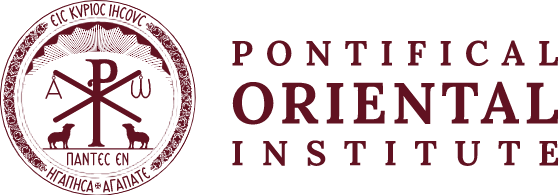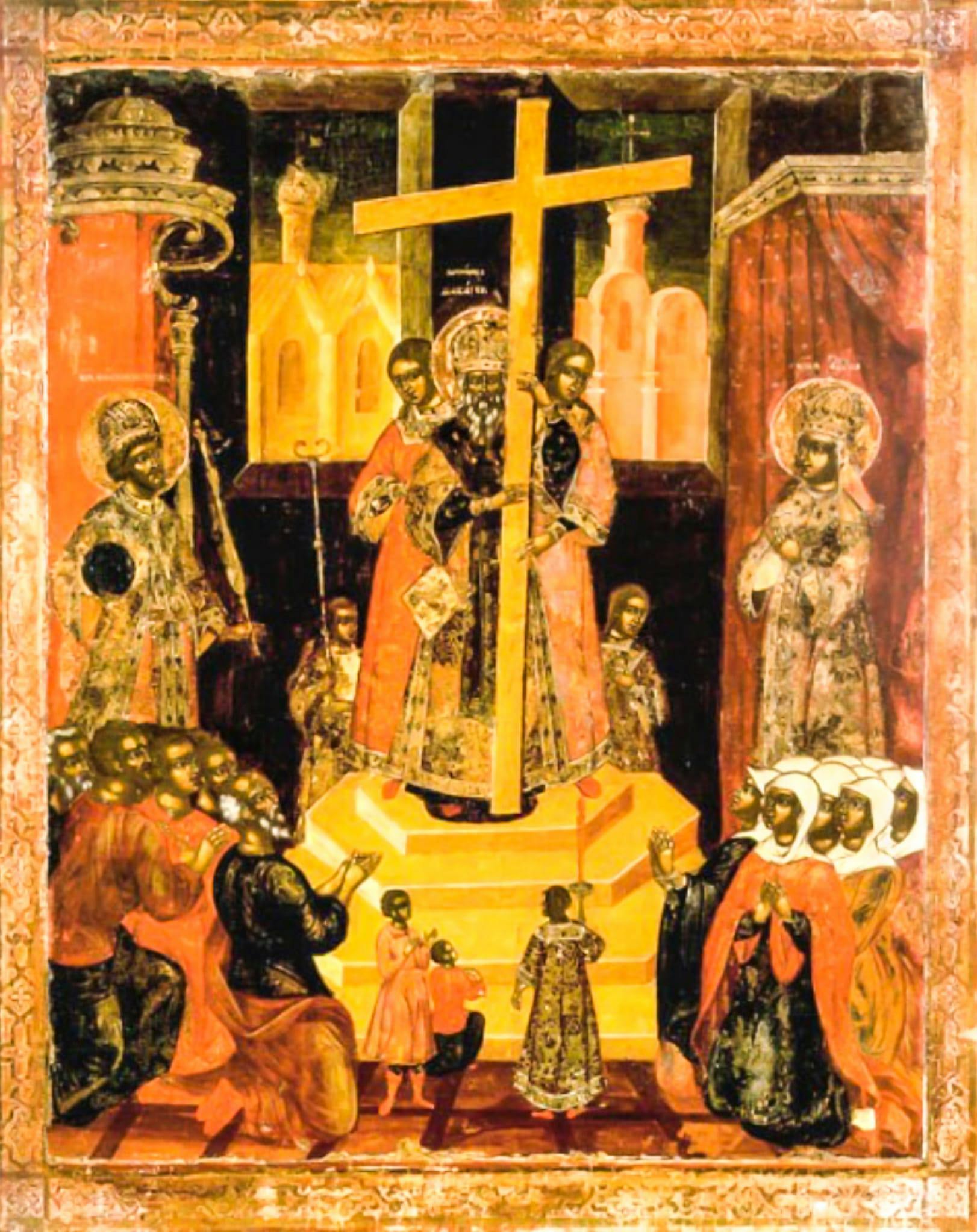On May 5th, the Pontifical Oriental Institute held its annual Donohue Chair Lecture for the first time since 2019.
There was no yearly lecture in 2020 or 2021 due to the COVID-19 pandemic. In fact, this year’s lecturer, Professor Herman G.B. Teule, was initially slated to speak at the 2020 Donohue Chair Annual Lecture before it was canceled.
The 2022 Donohue Chair Annual Lecture took place at Aula Magna in Rome and was also live-streamed on YouTube.
You can watch a full recording of the event on the Pontifical Oriental Institute’s YouTube channel: click here to watch.
About Professor Herman G.B. Teule
Professor Teule is Professor Emeritus of Eastern Christian Studies at Radboud University in Nijmegen, The Netherlands, and the Catholic University of Louvain in Belgium. He is the former director of Radboud University’s Institute of Eastern Christian Studies.
He studied theology, comparative religion, and Near-Eastern languages at the University of Amsterdam before obtaining his Doctorate in Oriental Studies from the Catholic University of Louvain.
About Professor Teule’s Lecture
The title of Professor Teule’s lecture was “‘Can This People Live?’ (Ez. 37:21): Syriac Christians’ Quest for Identity: Past and Present”. The lecture ran a little over an hour, then the floor was opened for questions.
He began with some of the changing political circumstances at the end of the First Abbasid Period (roughly the year 1000), and how these circumstances caused the Christians of the Middle East to rethink their collective identity.


Teule concludes with an exploration of how lingering traces of the Syriac Renaissance can enlighten modern-day Middle Eastern Christians in their search for identity.
Teule explained how during this time traditional ecclesiastical divides came to be considered obsolete as the Christians of the Middle East developed new strategies to cope with the world and the religion of Islam.
Teule then surveys how these developments gave rise to a new vitality in the intellectual lives of Syriac Christians. He speaks to the implications of a “Syriac Renaissance” between the years 1024 and 1318, and why it is that many achievements of this period have since been lost.
Teule concludes with an exploration of how lingering traces of the Syriac Renaissance can enlighten modern-day Middle Eastern Christians in their search for identity.
How to Watch
You can watch a full recording of this year’s Donohue Lecture on the Pontifical Oriental Institute’s YouTube channel: click here to watch.

